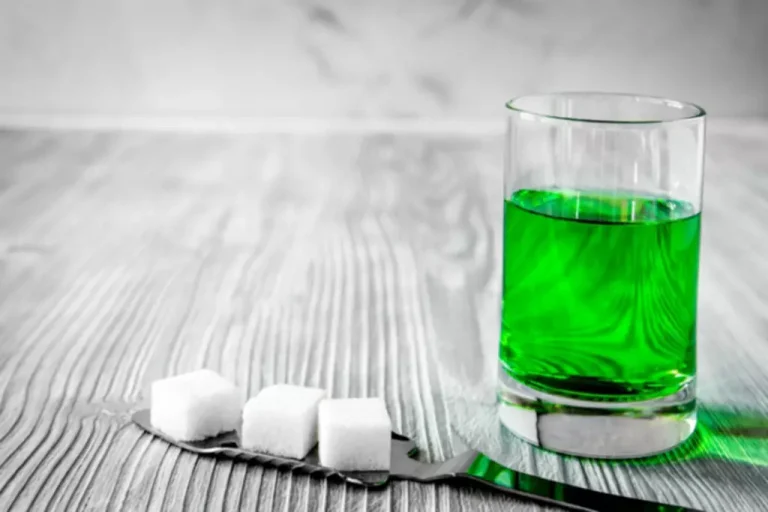How to Stop Alcohol Cravings Handling the Urges to Drink NIAAA
Sometimes you can’t avoid triggers which may be feelings you have or a physical condition that comes on from time to time. Once you experience the urge, distract yourself with something that takes your attention. Then check back in with yourself in minutes and see if the urge’s intensity has changed. While mindfulness and patience are long-term strategies, immediate, practical steps can also be taken to manage cravings effectively.
Coping Strategies for Alcohol Cravings
You’ll need to experience the urge, but not act on it, until the urge lessens and goes away. This signal is telling you to have a drink, but it’s not controlling you. With practice, the urge can become a signal to use an urge coping strategy. Information provided on Forbes Health is for educational purposes only. Your health and wellness is unique to you, and the products and services we review may not be right for your circumstances.
- When you feel the need to drink to relax or to unwind with friends or even to reduce tension symptoms, then you are alcohol dependent.
- Making healthy lifestyle choices can significantly impact your ability to curb alcohol cravings.
- Bananas are rich in vitamin B6, which the body needs to produce and use serotonin.
- Some call it “The Inner Brat,” “The Alcohol Salesman,” “The Lobbyist,” “The Terrorist,” “The Whiner,” or just “The Enemy.” Pick a name that fits your experience with it.
- Create a list of positive distractions that you can turn to occupy your energy, thoughts, and mind when alcohol cravings hit.
Tell family members and friends you want to get healthier.
These groups can also disseminate valuable coping mechanisms to handle triggers and mitigate cravings. They serve as a non-judgmental hub for individuals to express their fears, accomplishments, and setbacks openly, fostering resilience and an optimistic outlook. Distraction techniques focus on shifting one’s attention away from cravings. This can range from engaging in physical activities, such as jogging or swimming, to intellectual stimulants like reading or solving puzzles. These actions aim to disrupt the obsession with cravings, giving the mind a break and helping maintain recovery efforts.

Phase 3: Coping Method—A Slow Descent With Few Warning Signs
- There’s even evidence suggesting that talking to your healthcare professional early on might help prevent future relapses.
- To help manage alcohol cravings, being mindful of the triggers and avoiding them may reduce the sensation of wanting to drink.
- Continue reading for tips about how to safely quit drinking alcohol, when to get professional help, and what you should know about alcohol withdrawal.
- Drinking can be a hard habit to alter because of how alcohol affects us.
Some people experience post-acute withdrawal syndrome (PAWS), where cravings can last for several months or longer. Everyone’s timeline is unique, and cravings usually lessen over time. As you continue to heal, these new habits can become part of your daily practice. And data shows that strong routines support how to stop alcohol cravings addiction recovery.14 You can develop a schedule that includes activities you love, and then stick to it—even when you’re craving alcohol. Your treatment might include medications to help you stop craving alcohol.12 Prescriptions like acamprosate, disulfiram, and naltrexone can decrease the urge to drink.
Alcohol can be great for relaxation especially while socializing with friends; however, it can also become a source of health issues, ranging from mental illnesses to physical problems. Men and women are equally affected by the negative impact of cravings. Alcohol is one of the most common beverages consumed in today’s society. Its vast popularity at various levels makes it one of the highest causes of driving fatalities, especially in the United States. Reports and statistics state that over 65 million people are struggling with alcoholism disorders. Alcohol craving is found to be the major cause of abuse and subsequent health issues such as chronic alcoholism.
- Perreault K, Bauman A, Johnson N, Britton A, Rangul V, Stamatakis E. Does physical activity moderate the association between alcohol drinking and all-cause, cancer and cardiovascular diseases mortality?
- You’ve decided to cut back on your drinking, but this has proven to be more challenging than you anticipated.
- They promote insulin secretion in response to meals, reduce the release of glucagon, a hormone that increases blood sugar, slow down gastric emptying and suppress appetite.
- Forbes Health adheres to strict editorial integrity standards.
- “Once you have a sense of how much you’re drinking, it’s helpful to track how many drinks you’re having per day,” says Witkiewitz.
And you’ll be able to see your progress in dealing with them as they lessen over time. Cravings are an expected part of recovery from alcohol addiction. They are not indicative of weakness or failure but are a natural response of the body and mind to the absence of a substance on which it has come to depend. The key to managing these cravings is changing our perception of them – understanding that a craving is a thought that does not require us to act. If you turn to alcohol to ease anxiety, try exercise as a healthy alternative.
Of course, addressing your triggers at the source can also go a long way toward helping you make lasting changes. American Addiction Centers (AAC) is committed to delivering original, truthful, accurate, unbiased, and medically current information. We strive to create content that is clear, concise, and easy to understand. Before starting any complementary treatment, be sure to discuss it with a doctor to make sure it’s safe for you. Omega-3-rich fish like salmon and mackerel may also help improve focus and overall brain health. No content on this site, regardless of date, should ever be used as a substitute for direct medical advice from your doctor or other qualified clinician.


